Surrogacy Laws & Process in Vermont

Understanding the Surrogacy Process in Vermont
Pre-Birth Parentage Orders in Vermont: Legal Recognition Before Birth
Legal Framework
The Vermont Parentage Act authorizes gestational surrogacy and establishes that a donor is not a legal parent. This clarity assures intended parents who rely on egg, sperm, or embryo donation.
Eligible Families
Pre-birth parentage orders are available to a wide range of family structures. Married and unmarried heterosexual couples qualify, whether using their own genetic material or donors. Same-sex couples also qualify, and single parents may pursue this option as well. Even when no intended parent is genetically related to the child, Vermont law permits the court to grant legal parentage before birth.
Outcome
Once granted, pre-birth orders allow both intended parents to be named on the initial birth certificate. The document lists “Parent and Parent” for same-sex couples. International couples also benefit, as courts can recognize a biological father and later amend the certificate to include both fathers. With these protections, intended parents leave the hospital as the sole legal parents, free from uncertainty about their parental rights.
Medical, Psychological, and Legal Requirements in Vermont Surrogacy
Explore the Carrying Dreams Surrogacy Heatmap
Interested in learning more about surrogacy laws in other regions? Explore our Carrying Dreams Surrogacy Heatmap, which highlights surrogacy laws and family-friendly regions across the United States. The tool makes it easy to compare states and understand how each legal framework supports intended parents.
If you have any inquiries about the Vermont surrogacy laws & process in Kansas, feel free to contact us today.

